#Sissi the Young Empress
Text
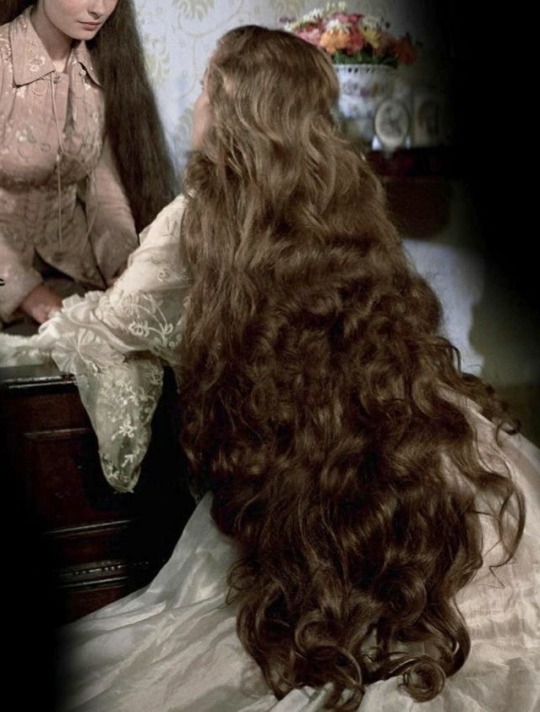
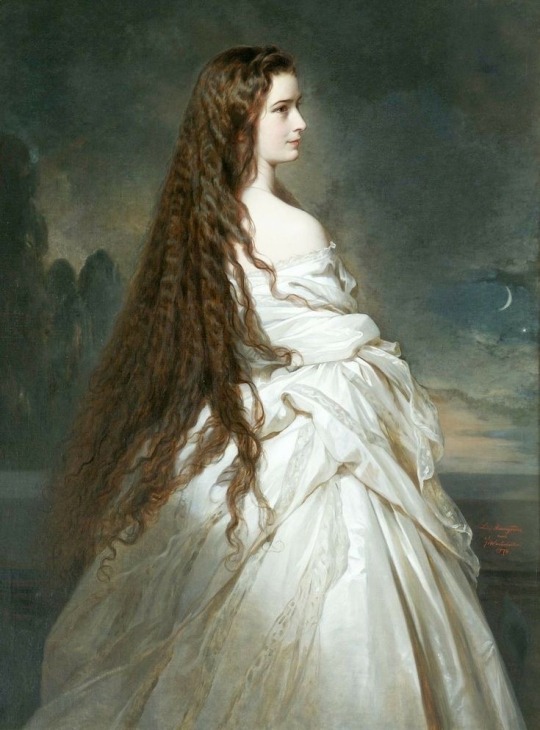
romy schneider in ludwig (1973) x empress elizabeth of austria painted by franz winterhalter
#ludwig 1973#romy schneider#period drama#cinema#70s#italian cinema#sissi the young empress#classic film#long hair#empress sissi#1970s
6K notes
·
View notes
Text




I can't see myself anymore. What have I given to men besides Sissi, always Sissi? It's been a long time since I was Sissi, and I never was her. I am a forty-two year old woman and my name is Romy Schneider. - Romy's diary entry for April 23, 1981
#romy's sisi in ludwig >>> the sissi trilogy#romy schneider#sissi#sissi the young empress#perioddramaedit#perioddramasource#perioddramasonly#perioddramacentral#perioddramagif#*
500 notes
·
View notes
Text
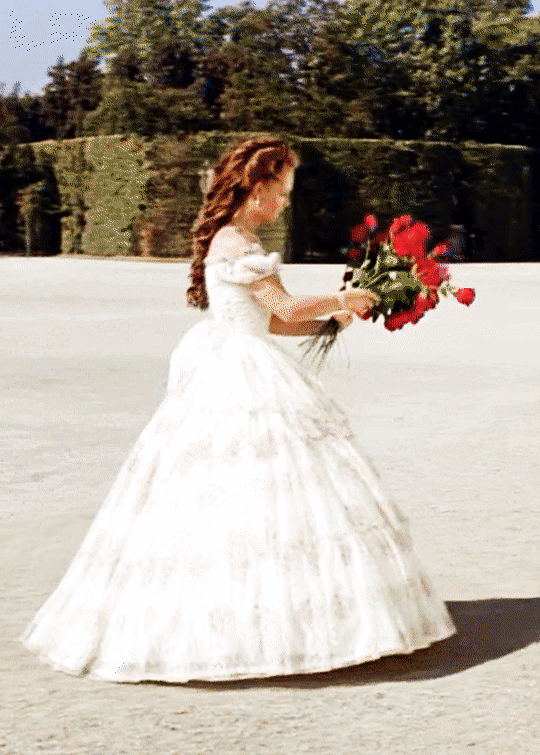
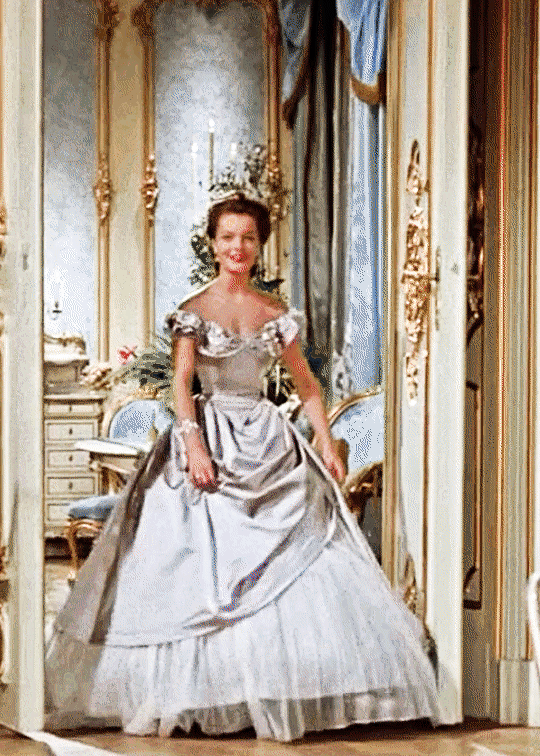
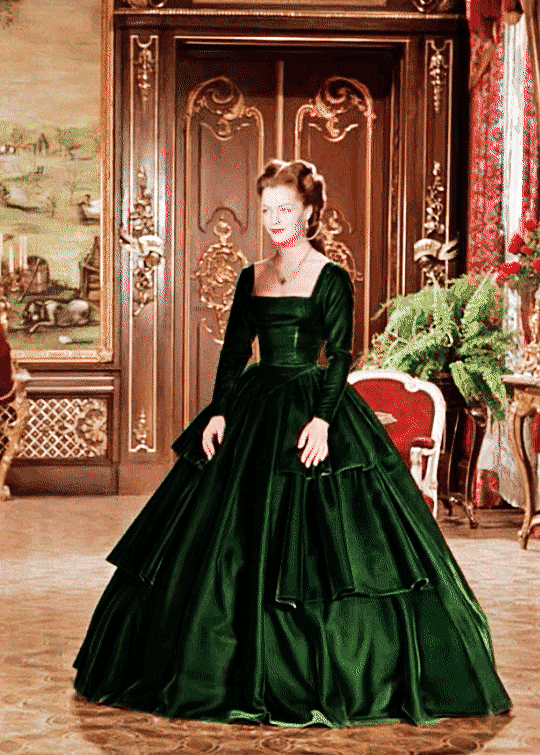
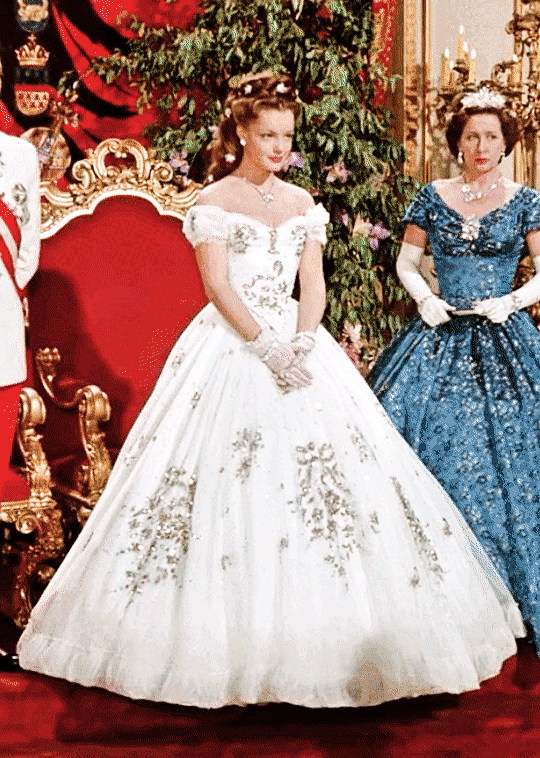
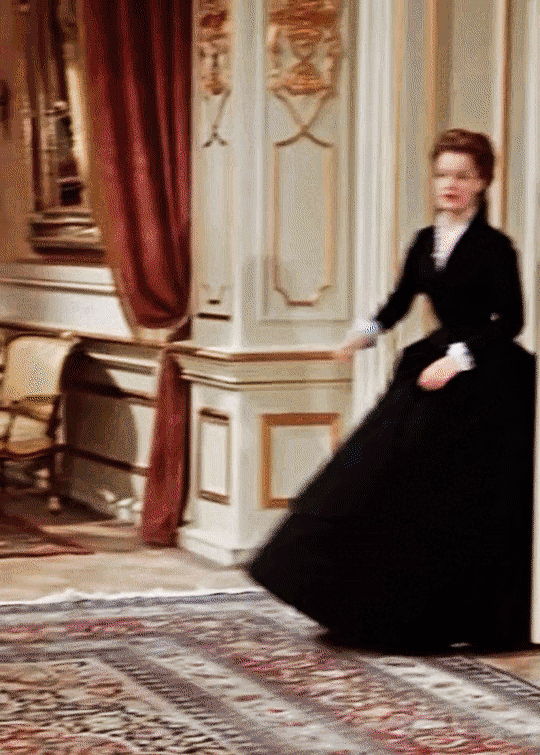

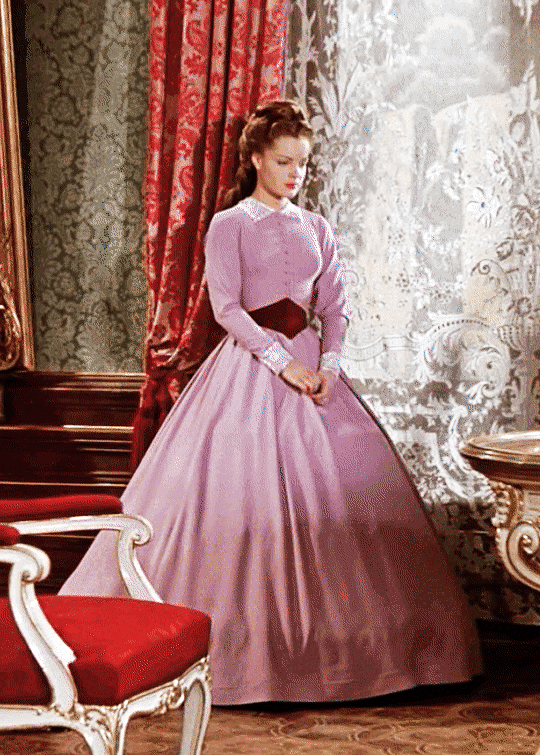
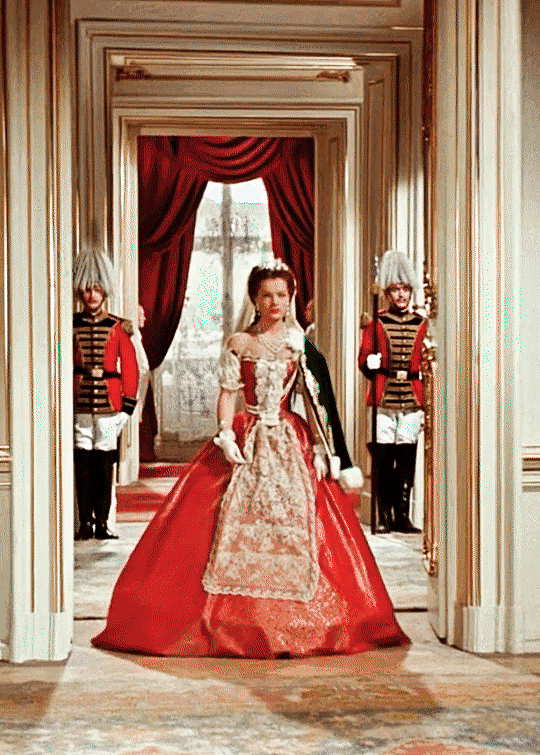
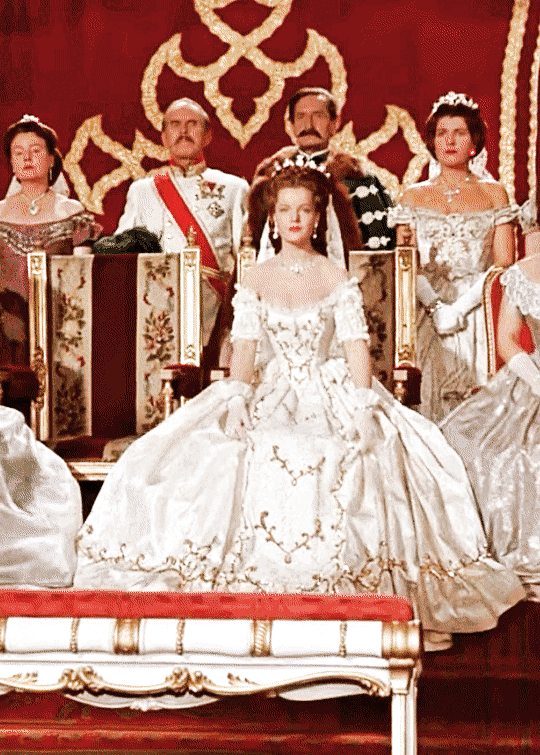
Sissi’s costumes in Sissi - The Young Empress (1956)
#elisabeth of austria#romy schneider#sissi the young empress#gif#gifset#perioddramaedit#19th century
233 notes
·
View notes
Text
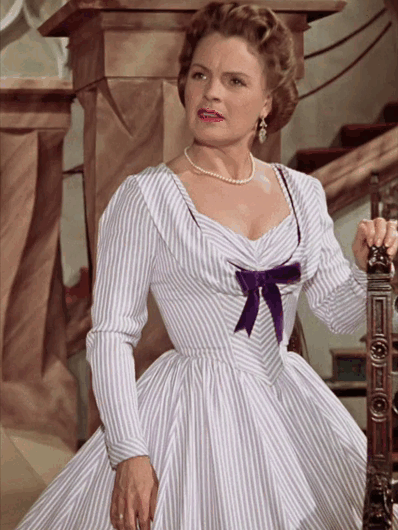

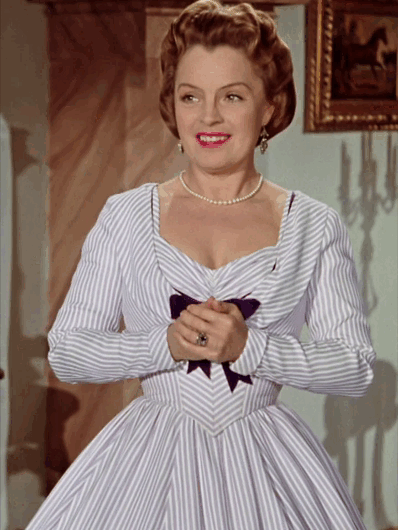

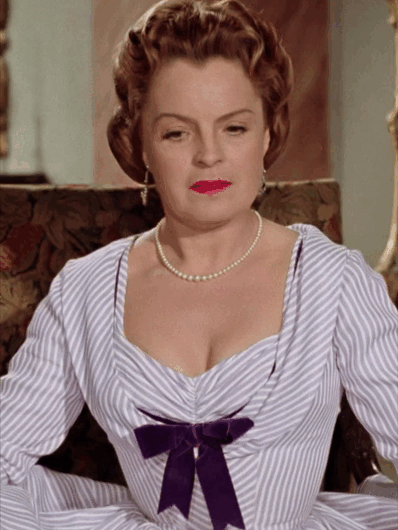


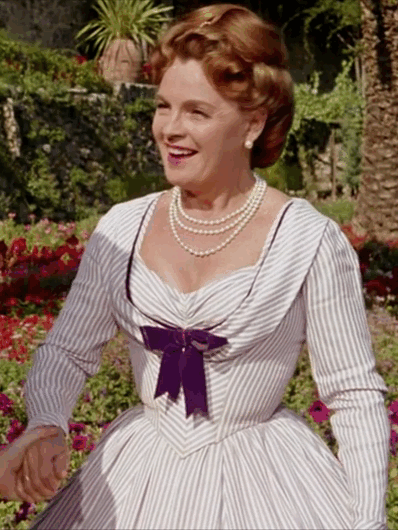
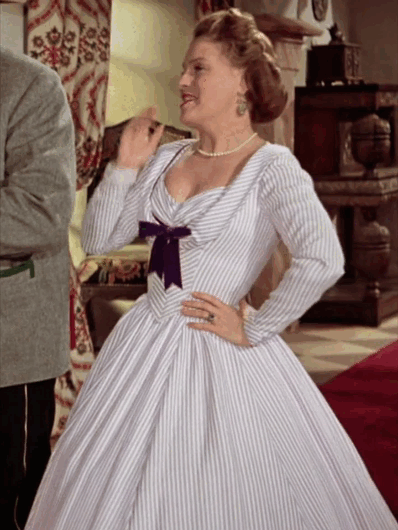
The Sissi Trilogy + Costumes
Ludovika, The Duchess in Bavaria's white & purple dress in Sissi - The Young Empress (1956) & Sissi - Fateful Years of an Empress (1957).
// requested by @thatmawe
#Sissi Trilogy#Sissi The Young Empress#Sissi Fateful Years of an Empress#Ludovika of Bavaria#Ludovika in Bavaria#costumes#costume drama#costumesource#period drama#perioddramaedit#1800s#19th century#purple#white#Possenhofen#Bavaria#Germany#Madeira#Portugal#Europe#requests
71 notes
·
View notes
Text
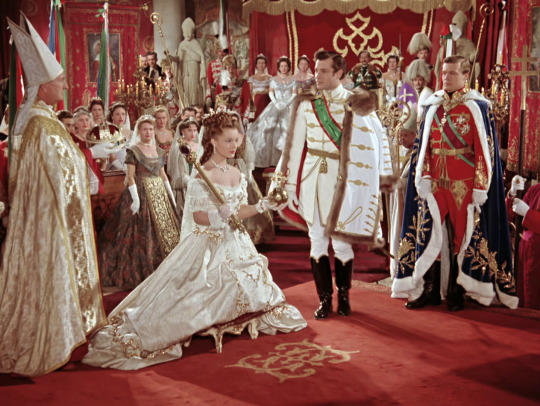
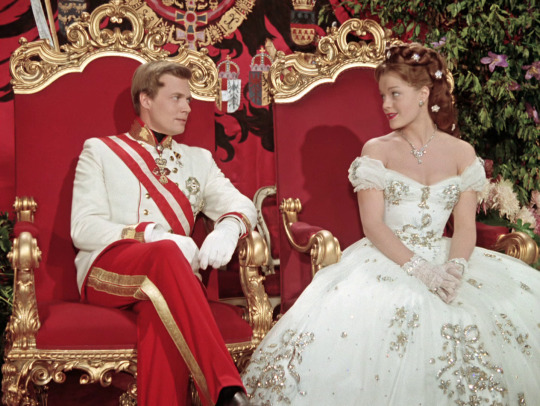
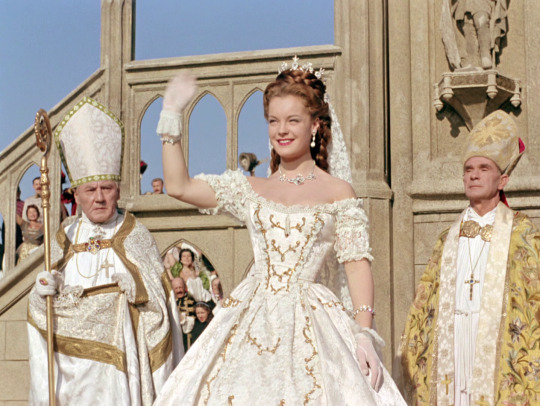
Sissi: The Young Empress (1956)
#sissi#sissi the young empress#princess elizabeth of austria#romy schneider#german cinema#german film#weihnachten#christmas#costuming#period piece#old hollywood#classic film#1950s#decade: 1950s
40 notes
·
View notes
Text


Period dramas dresses tournament: Grey/Silver dresses Round 1- Group A: Elisabeth of Austria, Sissi die junge kaiserin (gifset) vs Queen Charlotte, Queen Charlotte: a Bridgerton story (gifset)
#period drama dresses tournament#tournament poll#tumblr tournament#polls#fashion poll#sissi#elisabeth of austria#sissi the young empress#sissi die junge kaiserin#queen charlotte#queen charlotte: a bridgerton story#gs r1
20 notes
·
View notes
Text

6 notes
·
View notes
Text
Ludwig and Elodie being my favorite ship of the Cartoon 🥺💙💛
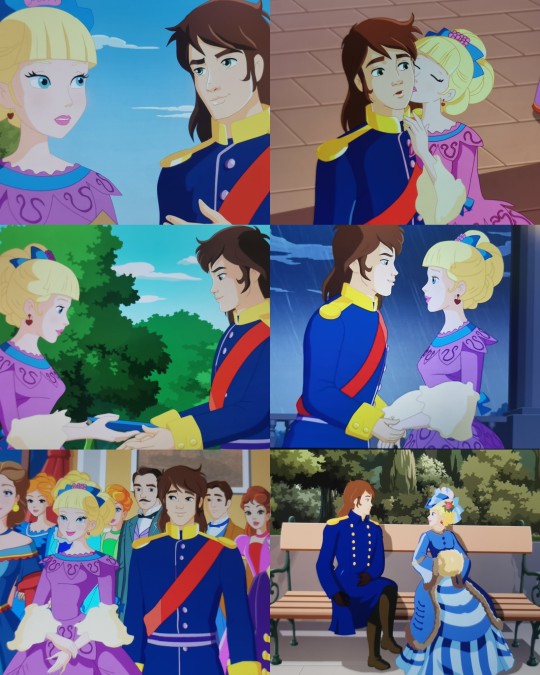
#sissi the young empress#sissi la giovane imperatrice#sissi cartoon#sissi tv series#ludwig x elodie#elodie x ludwig
1 note
·
View note
Text

Sissi's in action! | TGR.com Play Play CoCo
Totally awesome! She's not working at Lyoko, nor the Team Bouquetz or the Kadic Sirenz 6, The Young Empress works solo, and she's a Vtuber and a Superspy girl who is truly revealing herself as a super styling popular diva school bully spoiled brat with her girlies.
She's a super star, and she's always super smart.
After Sasha had returned her own belongings, she turned around & took one last look at the big red sofa, which had taken the previous spot of the big flip-out bed shaped in one of the mounted O's of Bouquetz took deep, trembling breaths, struggling to keep the burning tears from falling down her face.
Since it's her mistake.
#Sasha Deltas#playplaycocosasha#playplaycoco#code lyoko#codelyoko#lyoko#lyoko warriors#spy#anime art#art#drawing#sketch#anime#digital art#indie anime#digital illustration#イラスト#rkgk#tedgybearja#my art#my artwork#animeprojects#Agent Sissi The Young Empress#action
6 notes
·
View notes
Text

“Sometimes, what you are looking for is right in front of you”
#sisi (2021)#dominique devenport#the young empress#2021#princess sissi#sisi and franz#jannik schümann
59 notes
·
View notes
Text

Hello Marius fandom
@em-cosplay42 sent me a picture of an outfit from Sissi - The Young Empress (1956) and said she wants Marius in it, so obviously i immediately started drawing.
The outfit:

The pose reference:

#if tumblr allows me I'll post a speedpaint of this because ibis paint is fun like that#marius von raum#the mechanisms#my art
277 notes
·
View notes
Text
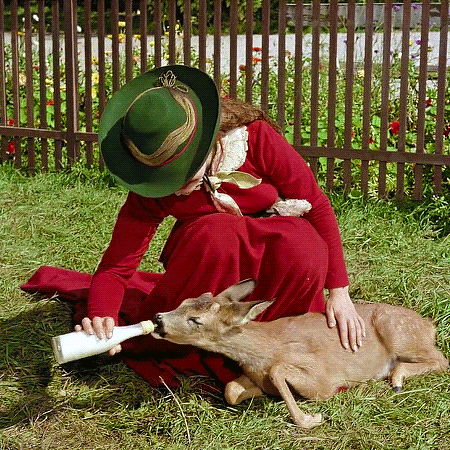

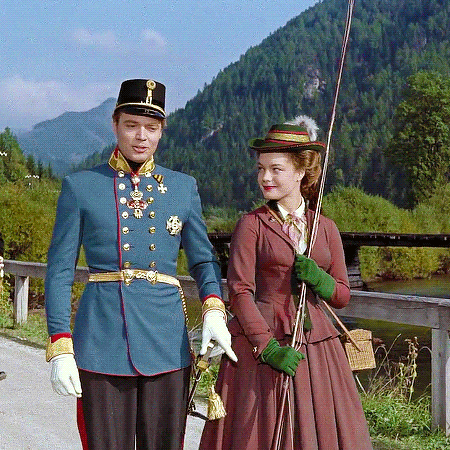
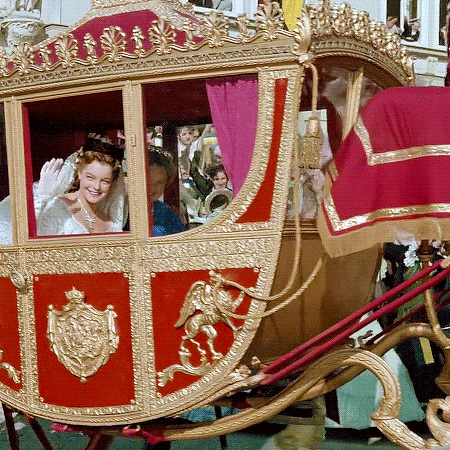

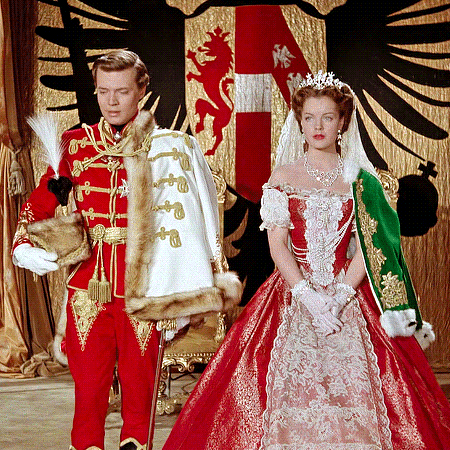


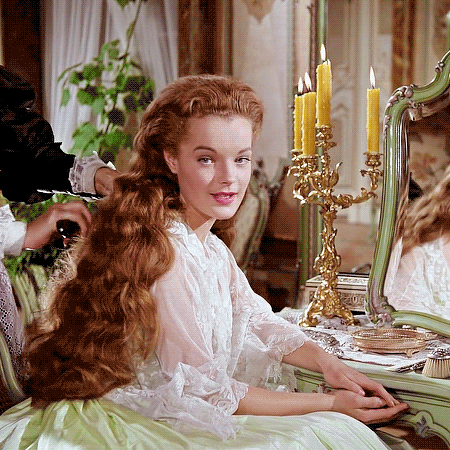
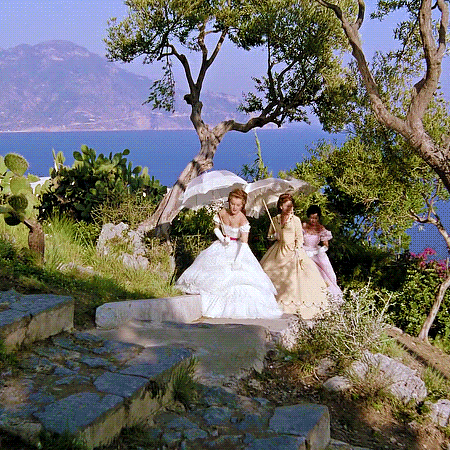
PERIODDRAMA APPRECIATION WEEK 2023
Day 5: Favorite period drama film: Sissi trilogy by Ernst Marischka
The Sissi trilogy is an Austrian film directed by Ernst Marischka and starring Romy Schneider as Sissi, and Karlheinz Böhm, as Franz Joseph I.
In the first of a trilogy of movies about Elisabeth "Sissi" of Austria, the vibrant young princess catches the eye of her sister's fiancé, Emperor Franz Josef.
The second in a trilogy of movies about Elisabeth "Sissi" of Austria, the film chronicles the married life of the young empress as she tries to adjust to formal and strict life in the palace and an overbearing mother-in-law.
The final film in a highly romanticized trilogy about Elisabeth "Sissi" of Austria finds the young empress traveling throughout Europe. (source: imdb)
#sissi (1955)#sissi die junge kaiserin (1956)#sissi schicksalsjahre einer kaiserin (1957)#stuff:mine#perioddramaweek2023
295 notes
·
View notes
Note
Is it true that empress sissy was bad mother? Or just rumours
I think it really depends on what do you understand as being “a bad mother”. First of all royal women were not expected to be the main carers of their children: this job was divided among the many people in charge of the well-being of the kids. Parents usually only saw their kids little on a daily basis, since they did not even ate together. So one shouldn’t expect Elisabeth to have been changing diapers and heating milk bottles. The second thing to consider is just how young she was when she became a mother; giving birth to three consecutive babies in such a short time spam (with the additional stress of knowing everyone is expecting you to produce an heir) must have take a huge toll on her, so I don’t think is that surprising if she didn’t smoothly adjust to the role of mother.
Even so, she did love her children, as this letter she wrote to a Bavarian relative soon after the birth of her first child shows:
My little one really is already very charming and gives the Emperor and me enormous joy. At first it seemed very strange to me to have a baby of my own; it is like an entirely new joy, and I have the little one with me all day long, except when she is carried for a walk, which happens often while the fine weather holds. (Hamann, 1986)
But Elisabeth had no control in how her eldest children were raised: her mother-in-law, Archduchess Sophie, took charge of them. Something important to keep in mind, however, is that taking charge of them doesn’t mean that she personally cared them (again, this wasn’t the role of royal woman), but that she chose the staff of nursemaids, nannies, governesses and tutors that oversaw the children’s caring and later education. But this lack of control over her children ended up being a great source of sorrow for the young mother.
During this time the first big conflict between Elisabeth and Sophie arose: the children’s nursery was placed on the same floor as Sophie’s appartements, which meant that she could go over to see her granddaughters with a lot more of freedom than Elisabeth, whose appartements where on a different floor. Being on a different floor meant than she could only see her daughters during the times set by protocol, and always in company of her retinue of ladies and lackeys, which ended up limiting even more the time she could spend with them in privacy. She told to her lady-in-waiting Marie Festetics in 1872:
Only now do I understand what bliss a child means. Now I have finally had the courage to love the baby and keep it with me [her fourth child Marie Valerie]. My other children were taken away from me at once. I was permitted to see the children only when Archduchess Sophie gave permission. She was always present when I visited the children. Finally I gave up the struggle and went upstairs only rarely.
This statement comes from almost twenty-years after the events, so it should be taken with a bit of a grain of salt (in the first letter I quoted Elisabeth mentions that she had Baby Sophie with her “all day long”, so she wasn’t “taken away at once” as she claims here). The most important takeaway from this statement to me is that even after all those years the fact that she wasn’t allowed to see her girls freely hurt her. So it’s not surprising that her first act of “rebellion” at court was when she decided to move the nursery to her floor in 1856.
After successfully moving the nursery near to her appartements, slowly Sisi started to take more and more control of her children. At the end of 1856 Franz Josef and Elisabeth went on a state visit to Lombardy-Venice and they took Baby Sophie with them. This tour was relatively successful, and months later they tried to replicate its success on Hungary. For this tour the parents decided to take not only Baby Sophie but also Gisela, since it was planned to last two months and they didn’t want to be separated from their daughters for such a long time.
As it’s known, Baby Sophie sadly died of typhus during this trip. Although is often repeated that Archduchess Sophie blamed Elisabeth for the child’s death, she in fact was very sympathetic towards the young mother, since she also had lost an infant daughter and could understand her pain. But Elisabeth seemed to blame herself regardless, and soon fell into a deep depression that lasted months and filled her entire family with worry.
By the end of 1857 she showed signs of being pregnant again, and in September of 1858 she finally gave birth to the long awaited heir, Crown Prince Rudolf. And just as with her daughters, Elisabeth had no control over the boy’s upbringing.
In 1860 Elisabeth started to become ill - of what, nobody knew. I won’t go much into this (since that’s just an entirely different post), but by the end of the year, after exhausting all possible treatments, it was decided that the Empress should go away from court to recover from her mysterious illness. This was the beginning of Elisabeth’s two years trip - first to Madeira and then to Corfu. Franz Josef offered her to take Gisela with her, but since she couldn’t also take Rudolf (the heir had to remain in Vienna), she decided to leave her behind because she didn’t want to separate the siblings, who were very close (Winkelhofer, 2022).
Elisabeth returned a changed woman, much more confident in herself, no longer the shy girl who was easily intimidated by courtiers. But she still had no control over how her children were educated. Or that was until Rudolf started his formal education. At the age of six he was separated from his sister and governess, given his own household, and Count Gondrecourt was assigned as his tutor. Gondrecourt had the mission of “toughening up” the boy, since he was considered to be weak of mind; his method to achieve this consisted in psychologically torturing Rudolf, and after he fell ill, seemingly of a nervous collapse. When Elisabeth discovered what her son was going through she was horrified and decided to step in. So she did something almost unprecedented, not only for her personally, but also in general for a woman of her status: she gave her husband an ultimatum:
I wish to have reserved to me absolute authority in all matters concerning the children, the choice of the people around them, the place of their residence, the complete supervision of their education, in a word, everything is to be left entirely to me to decide, until the moment of their majority. I further wish that, whatever concerns my personal affairs, such as, among others, the choice of the people around me, the place of my residence, all arrangements in the house etc. be reserved to me alone to decide.
Even more surprisingly for the time, Franz Josef agreed, and gave her full control of the children’s education. Gondrecourt was dismissed and Colonel Josef Latour was personally chosen by Elisabeth in his place. Latour was highly unpopular at court because he wasn’t an aristocrat and had very liberal political ideas, but Elisabeth protected him and he kept his job. Latour ended up becoming a close friend to his pupil until his death. But even though she now had what she had always wanted, total control of her children’s upbringing, she never became really close to her eldest daughter and son.
This is the part in which we can talk about her being “a bad mother”. When you compare her relationship to her fourth and last child, Marie Valerie, born ten years after Rudolf out of her desire to have another baby, raised entirely by her (as always keeping in mind that this means she had full control of the staff that took care of Valerie), to how she was with Gisela and Rudolf, the clear favoritism is evident. It seems that she felt more distant towards the eldest, probably a combination of her not having a saying in their upbringing until they were older and her constant trips away from court didn’t help her to close the gap. Gisela, who was a very down-to-earth person, a lot like her father, doesn’t seem to have minded this (or at least she never showed it), but Rudolf always craved for a close relationship with his mother, which he never could truly have. He adored her and was always grateful for her intervention when he was little, but seeing how all his mother’s love and attention went towards Valerie made Rudolf jealous of his younger sister; because of this the siblings also never managed to become close.
Valerie ended up feeling overwhelmed by her mother’s love. Elisabeth was very emotionally dependent on her daughter and made her her constant companion and support, which isolated the girl from the rest of her family. Valerie adored her father and felt that her mother put her against him, and Elisabeth insistance in raising her as a Hungarian (Valerie’s mother tongue wasn’t German, but Hungarian) made her hate Hungary. She turned out to be quite different to what her mother had planned, and that was probably just the result of having so many expectations imposed on her since she was born. But even so Elisabeth loved her and only wanted her to be happy. And this is shown by the fact that (unlike Queen Victoria with her daughter Beatrice) she didn’t want her to stay by her side forever, but to marry for love and form her own family. So she supported her decision to marry Archduke Franz Salvator, who out of all her suitors was the least favorite (Franz Josef wanted her to marry the Crown Prince of Saxony and Rudolf Archduke Eugen).
So was she a bad mother? It’s complicated. She loved her children (and I do think she loved all of them, despite Gisela being often considered the “forgotten” child), fought to have control on how to raise them (which was unusual for the time) and when she lost them she deeply grieved them. But she couldn’t be the support that her son needed, and the child she did gave her constant love felt suffocated. Sometimes an answer isn’t as a easy as yes or not, and I think we should keep that in mind when looking at Elisabeth as a mother. I hope you find my answer helpful, and sorry if it’s too long!
SOURCES:
Hamann, Brigitte (1986). The Reluctant Empress: A Biography of Empress Elisabeth of Austria (translation by Ruth Hein)
Winkelhofer, Martina (2022). Sissi. La vera storia. Il camino della giovane imperatrice (translation by Federica Saccucci)
#empress elisabeth of austria#sophie of bavaria archduchess of austria#archduchess sophie of austria#gisela of austria princess of bavaria#crown prince rudolf of austria#archduchess marie valerie of austria#asks
73 notes
·
View notes
Text
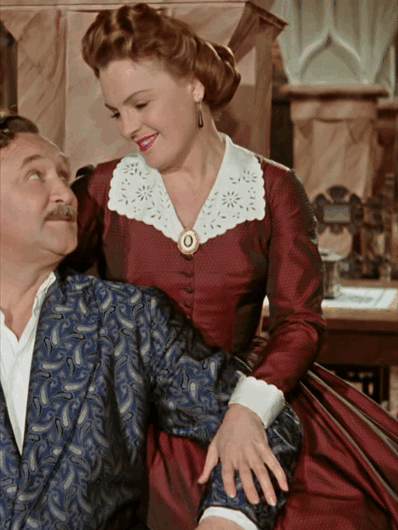
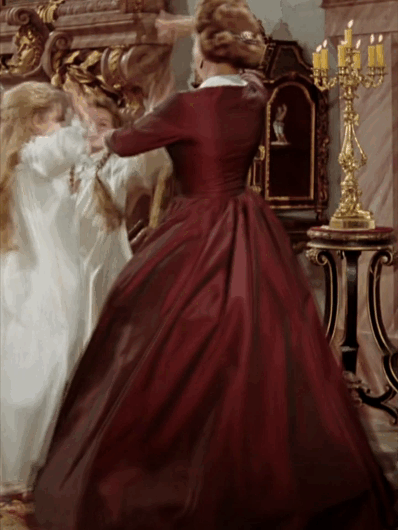
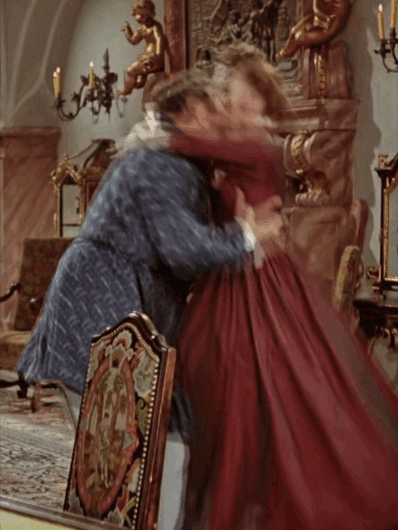

The Sissi Trilogy + Costumes
Ludovika, The Duchess in Bavaria's red & white dress in Sissi - The Young Empress (1956).
// requested by @thatmawe
#Sissi Trilogy#Sissi The Young Empress#Ludovika of Bavaria#Ludovika in Bavaria#costumes#costume drama#costumesource#period drama#perioddramaedit#1800s#19th century#red#white#Possenhofen#Bavaria#Germany#Europe#requests
70 notes
·
View notes
Text



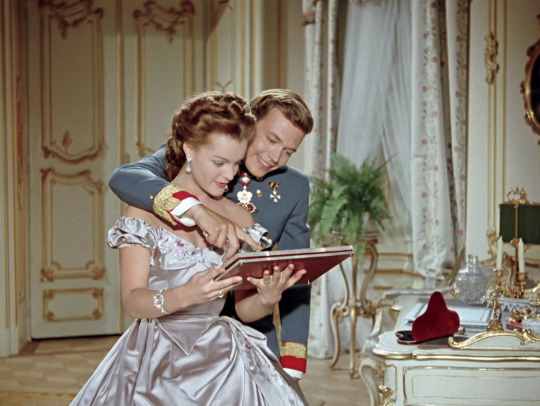
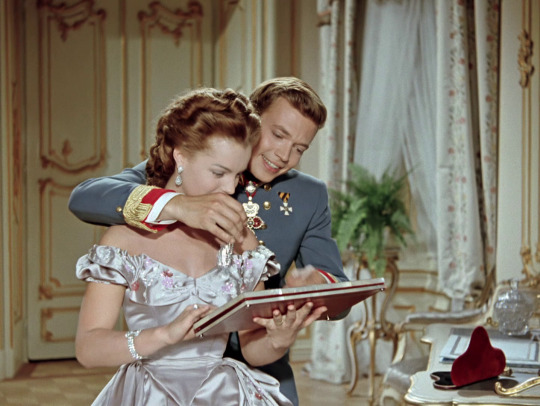


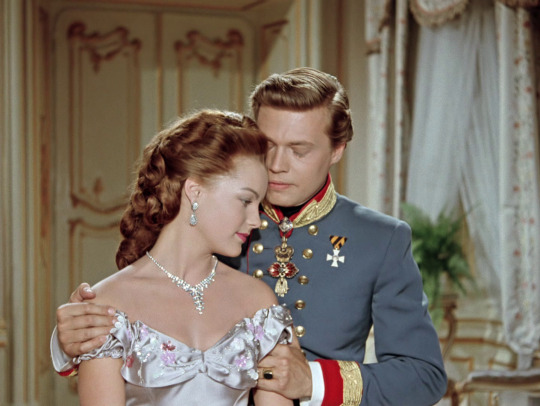


Sissi: The Young Empress (1956)
#sissi the young empress#sissi die junge kaiserin#sissi trilogy#empress elisabeth of austria#princess sissi#romy schneider#karlheinz böhm#german film#german cinema#austria#period piece#1950s#1950s films
50 notes
·
View notes
Text


Period dramas dresses tournament: Grey/Silver dresses Round 2- Group A: Elisabeth of Austria, Sissi die junge kaiserin (gifset) vs Marie Antoinette, Marie Antoinette (pics set)
#period drama dresses tournament#tournament poll#tumblr tournament#polls#fashion poll#elisabeth of austria#sissi#sissi die junge kaiserin#sissi the young empress#marie antoinette#marie antoinette 1938#gs r2
17 notes
·
View notes